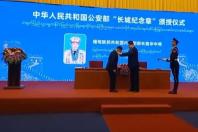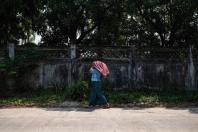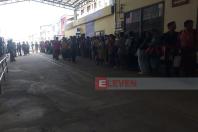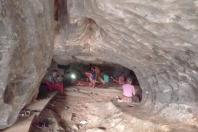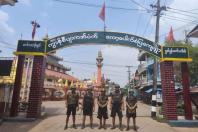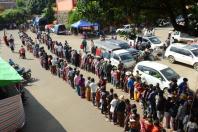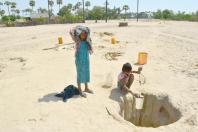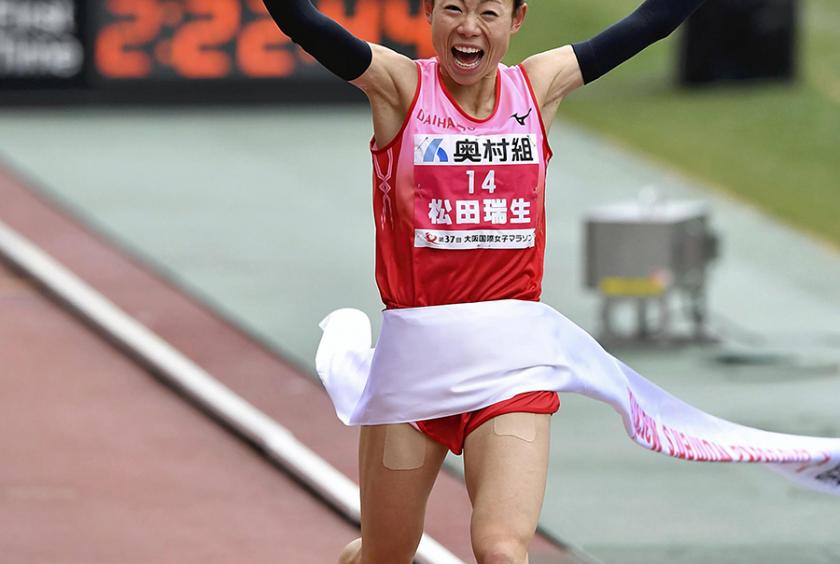
(The Japan News/ANN) - To this end, the Japan Association of Athletics Federations (JAAF) created the Marathon Grand Championship (MGC, see below), an Olympic qualifying race to be held in September. The move appears to be paying off, with Japan’s men’s and women’s hopefuls making significant strides over two years of preliminaries.
The results among the men have been especially striking. In February 2018, Yuta Shitara broke the 16-year-old men’s national record with a time of 2 hours 6 minutes 11 seconds. Shitara’s time was later eclipsed by Suguru Osako, who finished with a time of 2:05:50 at the Chicago Marathon in October. Hiroto Inoue won Japan’s first marathon gold at the Asian Games in 32 years that summer, followed in winter by Yuma Hattori’s victory at the Fukuoka International Open Marathon Championship, the first by a Japanese runner in the race in 14 years.
This end to the stagnation for Japan in the marathon is unquestionably a result of the MGC. Two Olympic spots on both the men’s and women’s sides will automatically go to the top finishers at the MGC. The JAAF has also created a two-year series of races leading up to the MGC, which has given young marathoners more opportunities to prove themselves.
This, along with the Japan Industrial Track and Field Association’s ¥100 million (about $890,000) prize for anyone who sets a national record, has clearly encouraged runners to raise their performances.
"Along with Shitara and other runners, I’m looking to bringing even more excitement to the marathon ahead of the MGC," Osako, one the program’s key beneficiaries, said with enthusiasm.
As of the conclusion of the preliminary series on March 10, 30 men and 14 women are set to compete in the MGC. Regarding the women’s side, for which the pool of runners has been an issue, JAAF long-distance and marathon director Tadasu Kawano said, "Runners who have competed on the track at the Olympics and World Championships have been proactive in taking part, and athletes with potential have also arrived on the scene."
Mizuki Matsuda, who represented Japan in the 10,000 at the 2017 World Championships, has posted two consecutive marathon times under 2:23:00, including her victory at the Osaka Women’s Marathon, her debut at that distance. Hanami Sekine, who ran the 10,000 at the 2016 Rio de Janeiro Olympics, finished under 2:24:00 at the Nagoya Women’s Marathon in March 2018. Miyuki Uehara, who participated in the 5,000 at the Rio Games, finished under 2:25:00 at this year’s Nagoya marathon held in March.
All three are 23 and still have room to develop.
Ayuko Suzuki, a member of Japan’s track team at Rio, also won her marathon debut in Hokkaido in August 2018. Along with her ability to withstand heat — essential for an endurance athlete at the Summer Olympics — she has elevated her reputation by posting the third-fastest time by a Japanese woman in a half-marathon, finishing in 1:07:55 in February.
In the Nagoya marathon on March 10, Reia Iwade finished under 2:24:00, and Rio marathon runner Kayoko Fukushi also booked a spot at the MGC. With no pacesetter at the MGC, observers have predicted that the runners will keep each other in check as the race develops. Regarding the involvement of the veteran Fukushi, Kawano said, "I expect her to impact the race in a number of ways, including tactically."
With a thrilling make-or-break race and all of the accompanying intensity and strategizing, Japanese marathon circles will watch in hopes that a new leading light emerges.
■ MGC
A qualifying race for the 2020 Tokyo Olympics. The MGC will be held Sept. 15 mostly along what will be the course for the Olympics. To compete at the MGC, runners must have met either performance benchmarks at MGC Series races in the 2017 and 2018 seasons, or achieve set targets by the end of this month. The winner and one of either the second- or third-place finisher, whose results exceed criteria set by the JAAF, will earn spots at the Olympics. If neither the second- or third-place runner finishes under the benchmark time, the second-place finisher will qualify. The remaining spot for both the men’s and women’s competitions will go to the top-performing runners who exceed targets set for the MGC Final Challenge, a series of three races that will begin in winter 2019. If no runners achieve the targets, the remaining spots will be determined by placing at the MGC.

